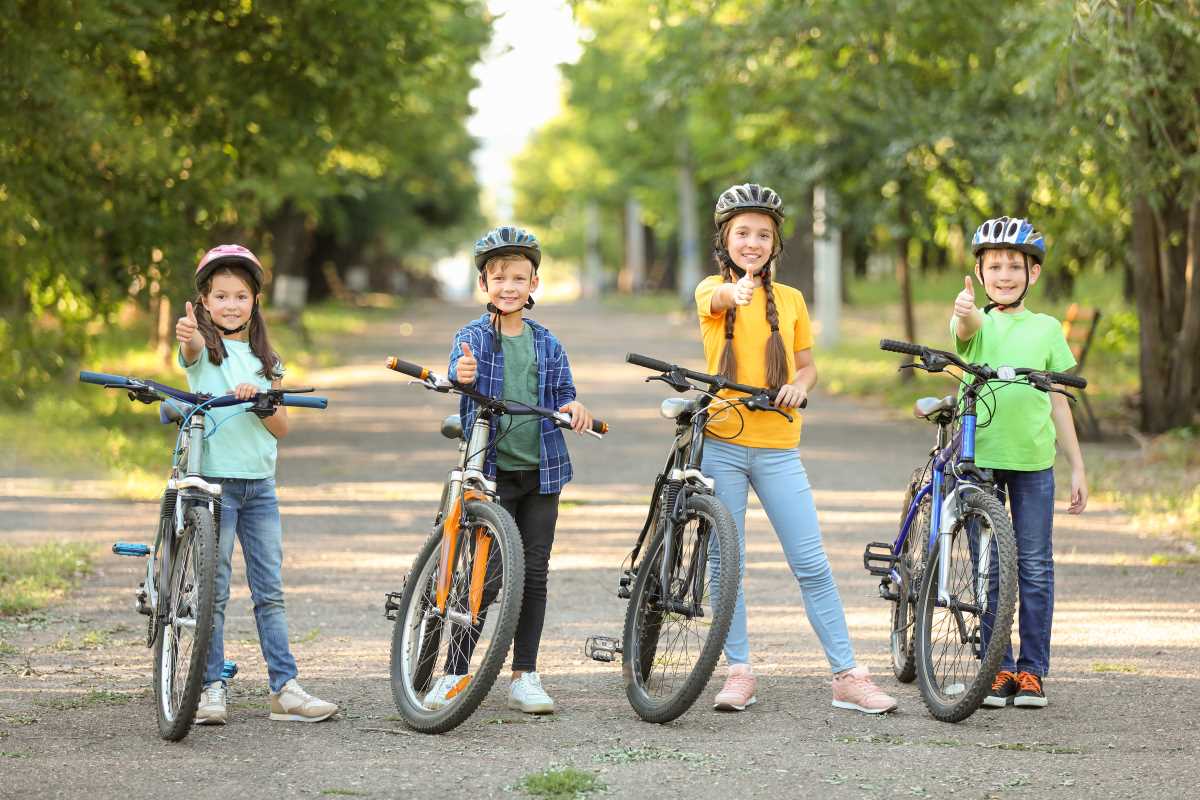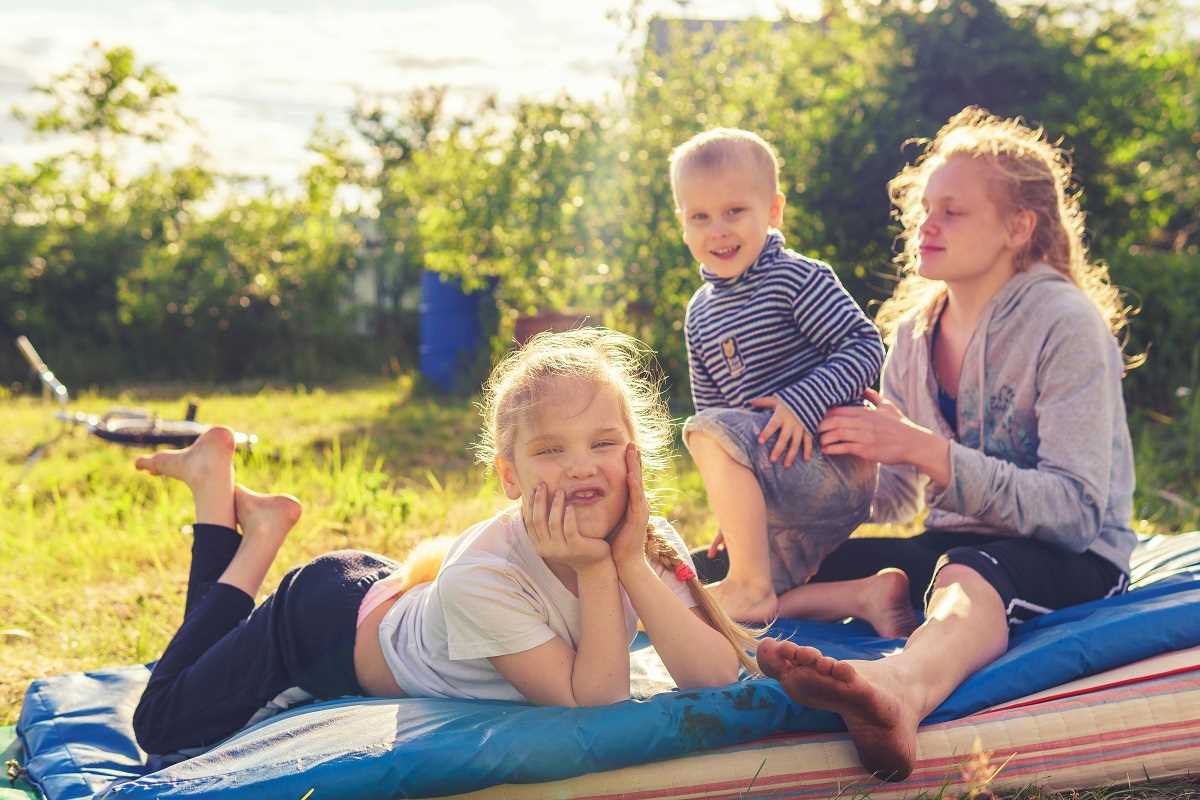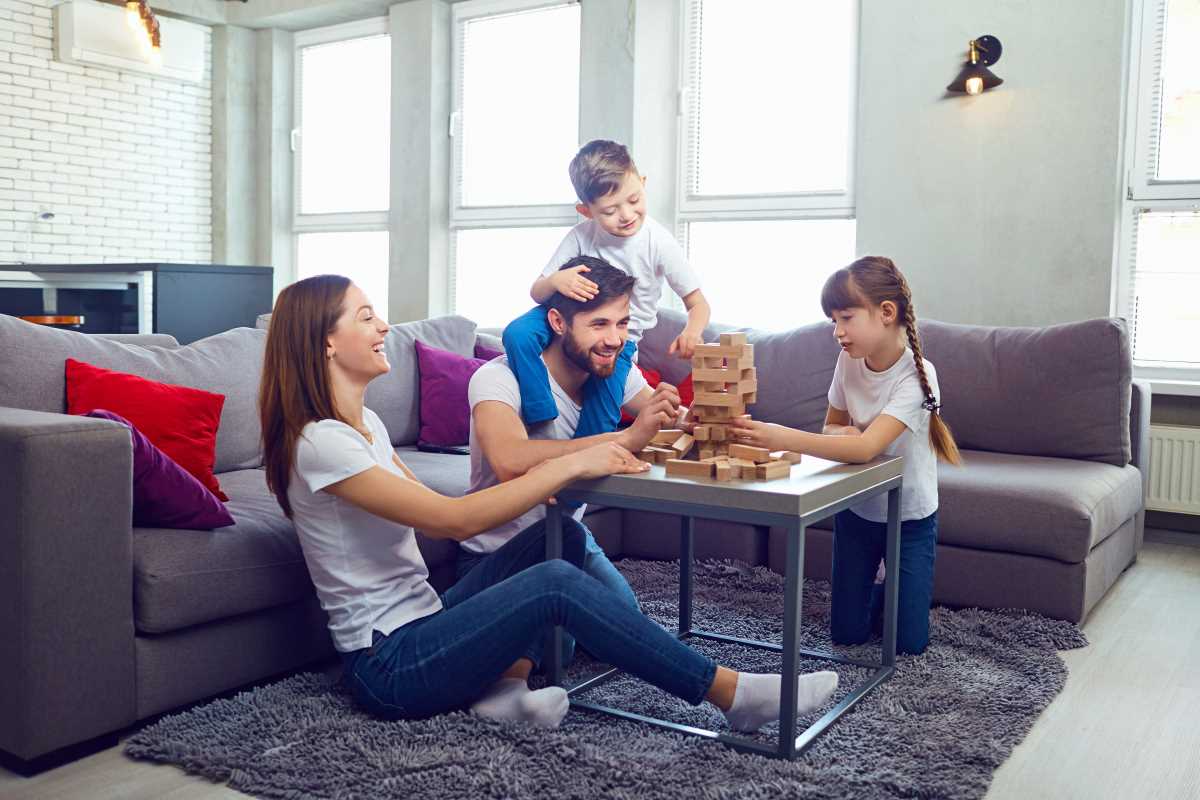Childhood friendships hold a special place in a tween's life. Best friends are confidants, partners-in-crime, and a source of comfort during a time of rapid emotional and social development. But what happens when life throws an unexpected curveball, like a best friend moving away? For tweens, this loss can feel overwhelming, leaving them feeling lonely, uncertain, and deeply sad.
As a parent, guardian, or educator, you play a critical role in helping tweens process these emotions and find their way through the change. This guide explores the unique challenges tweens face when their childhood best friend relocates and provides practical tips to support them during this difficult transition.
The Emotional Impact of Losing a Best Friend
For tweens, the loss of a best friend isn’t just about saying goodbye; it’s about navigating the uncertainty that follows. Here are some of the most common emotional responses tweens may experience:
1. Feelings of Loss
When a best friend moves away, tweens can feel a deep sense of loss. They may grieve the fun times they shared and worry about whether they’ll ever have that kind of bond again. For many, this friendship may have been their safe space, and losing it can feel like losing a part of themselves.
2. Loneliness
Without their best friend by their side, tweens may find themselves feeling isolated. The thought of navigating school, social activities, or even daily routines without their "partner" can be daunting.
3. Fear of Change
Tweens thrive on routine and consistency, and the sudden change in their social dynamics can trigger anxiety. They might ask themselves questions like, “Who will I sit with at lunch?” or “What if we stop talking altogether?”
4. Difficulty Expressing Feelings
Tweens are still developing emotional regulation and may struggle to put their feelings into words. Some may act out, while others may retreat emotionally, making it harder for adults to know how they’re truly feeling.
How to Help Tweens Cope with the Loss
While it’s difficult to see a child struggle with such intense emotions, this experience can also be an opportunity to teach valuable coping and life skills. Here’s how you can help tweens process their feelings and find their way forward.
1. Encourage Open Communication
The first step toward helping is understanding how they feel. Create a safe and supportive environment where your tween feels comfortable sharing their emotions.
- Ask Open-Ended Questions: Instead of asking, “Are you okay?” try, “What do you miss most about your friend?” or “How are you feeling about the move?”
- Validate Their Feelings: Avoid dismissing their emotions with phrases like, “You’ll make new friends soon.” Instead, acknowledge their pain with empathy, such as, “It’s really hard to lose someone you care so much about.”
- Share Personal Stories: If appropriate, share your own experiences of losing or missing a friend. This helps them feel less alone in their emotions.
2. Teach Them How to Stay Connected
Thanks to modern technology, distance doesn’t have to mean the end of a friendship. Help your tween maintain their bond with their best friend by exploring creative ways to stay in touch.
- Set Up Regular Video Chats: Schedule weekly or monthly video calls where they can catch up, play games, or even watch movies “together” online.
- Encourage Letter Writing: There’s something special about receiving a handwritten letter. Help them start a snail-mail tradition where they can share stories, photos, or small mementos.
- Collaborate on a Project: Suggest activities like reading the same book, playing online games together, or starting a shared scrapbook to keep their connection alive.
3. Foster New Friendships
While no one can replace their best friend, making new connections can help fill the social void and ease feelings of loneliness.
- Join Clubs or Activities: Encourage your tween to explore new hobbies or join extracurricular groups. Shared interests often lead to naturally forming friendships.
- Host Social Events: Organize a small get-together where your tween can bond with classmates or neighborhood kids in a low-pressure setting.
- Practice Social Skills: If your child feels shy or uncertain about making new friends, role-play social scenarios to boost their confidence.
4. Teach Resilience and Coping Skills
Losing a best friend is one of life’s early lessons in resilience. Guide your tween in developing healthy coping mechanisms that will serve them in future challenges.
- Practice Positive Self-Talk: Help them reframe negative thoughts, such as “I’ll never have another best friend,” into more hopeful ones like, “I’ll always have the memories we shared, and I’m open to new friendships.”
- Encourage Journaling: Writing down their feelings can be a therapeutic way for your tween to process their emotions.
- Model Healthy Coping Mechanisms: Show them how you cope with setbacks or losses in your own life, whether it’s through mindfulness, exercise, or talking it out with loved ones.
5. Seek Additional Support if Needed
If your tween continues to struggle with their emotions or shows signs of prolonged sadness, anxiety, or withdrawal, it may be time to seek guidance from a school counselor or therapist. Professional support can help them better understand and manage their feelings.
Helping Tweens See the Silver Lining
While the pain of losing a best friend shouldn’t be minimized, it’s also an opportunity to teach tweens about the positives that can come from change.
- Highlight Growth: Reassure your child that it’s okay to feel sad but also remind them that change often leads to growth. They might learn valuable lessons about themselves, form new interests, or discover unexpected friendships.
- Celebrate the Friendship: Encourage your tween to see the move as a "see you later" rather than a final goodbye. Celebrate the memories and the unique bond they shared, which will always be a significant part of their childhood.
- Promote Optimism: Discuss past challenges they’ve overcome, reminding them they have the strength to handle this, too.
Losing a childhood best friend to relocation is undoubtedly a tough transition for any tween, but it’s also a chance for them to strengthen their emotional skills and discover their resilience. With the right support and encouragement from loved ones, they can emerge stronger, more empathetic, and better prepared for life’s ups and downs.
Encourage your tween to take it one step at a time. Help them treasure the friendship they’ve cherished while remaining open to the possibilities of new connections and opportunities. While change can be hard, it can also lead to growth and moments of unexpected joy. And sometimes, life surprises us with even brighter friendships just over the horizon.







